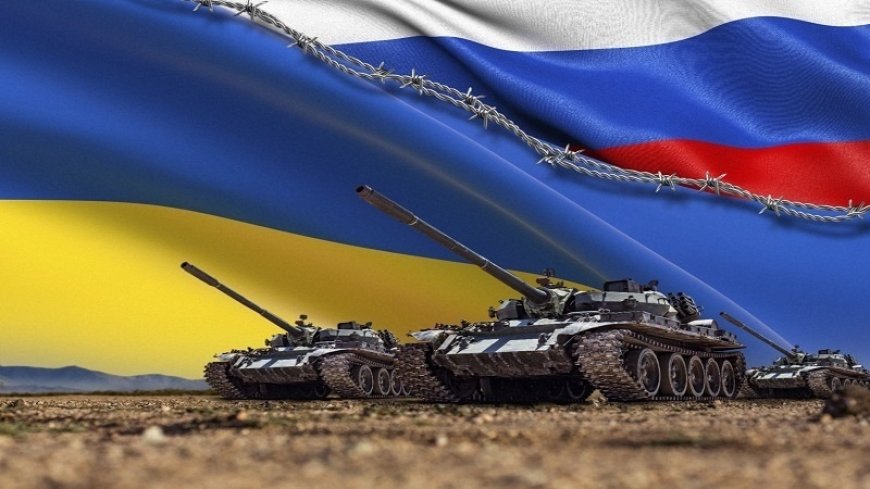How much should the European Union pay to restore Ukraine?
How much should the European Union pay to restore Ukraine?

The Russian war against Ukraine has no foreseeable end yet, but plans are being developed to reconstruct the country. The European Commission is seeking to play a leading role in this process and is planning conferences in Lugano, Germany and the United Kingdom to discuss it. Germanys Development Minister Svenja Schulze has already committed to provide 426 million euros in aid.
How much will the reconstruction of Ukraine cost?
The exact cost requirements for the reconstruction of war-torn Ukraine are presently unknown. At the Lugano conference in July 2022, Ukrainian head of government Denys Shmyhal estimated the funds required at around 720 billion euros. Experts also advocate drawing on Russian financial assets, as Western central banks have already frozen $350 billion in Russian Central Bank assets. President Volodymyr Zelensky called the reconstruction a "common task of the civilized world" and emphasized that the conference could be an important step for the historic victory of the democratic world. Germany has already pledged 426 million euros in further support for reconstruction.
What is the state of Ukraine's finances?
Ukraine's financial predicament is extremely difficult due to the war. Tax and export revenues have fallen drastically, while expenditure on the military and the social sector has increased. As a consequence, there is already a huge hole in the state budget. According to estimates by the International Monetary Fund (IMF), there will be a shortfall of about $15 billion (about 14.3 billion euros) by the end of July. The EU Commission under the presidency of Ursula von der Leyen wants to cover most of these financial needs and intends to provide Ukraine with up to nine billion euros in the form of long-term loans with low interest rates. With these funds, Ukraine could cover current expenses in the Russian war of aggression. According to President Zelensky and the IMF, the country requires about five billion dollars a month in external support to pay soldiers, state employees, pensioners, and meet the basic needs of the people.
G7 finance ministers pledged billions in additional aid to Ukraine at their meeting at Petersberg near Bonn. According to the joint final declaration, this aid totals $19.8 billion (about 18.5 billion euros) for the current year, of which $9.5 billion (about 8.9 billion euros) was newly pledged, primarily in the form of grants that do not have to be repaid. In addition, the U.S. Congress approved a further aid package of $40 billion (about 37.5 billion euros) for Ukraine, following the $14 billion (about 13 billion euros) already granted in March.
EU wants to force Russia to pay compensation
The EU Commission is demanding a total of an additional 66 billion euros from the member states, with the majority designated for aid to Ukraine, but also to be used for migration and competition. Commission President Ursula von der Leyen justifies this demand by saying that the EU's situation has changed fundamentally since 2020, and not only because of the conflict in Ukraine. Originally, a common financial framework of 1.1 trillion euros for the years 2021 to 2027 had been agreed upon. Russian assets in the billions were frozen by the EU states after the start of the Ukraine conflict. The EU Commission is now proposing that these funds should benefit Ukraine. However, the proposals fall short of Ukraine's demands.
According to the proposal, the EU Commission wants to use frozen assets of the Russian Central Bank to force Russia to sign peace agreements after a possible end to the conflict, including reparations payments. So far, some 300 billion euros in central bank reserves have been blocked under the sanctions. Russia has responded to these plans by announcing retaliatory measures if property pertaining to the Russian state or Russian citizens is confiscated in the EU. There are both legal and political risks, as it is anticipated that countries such as Russia and China could set up an alternative international financial system in response to expropriations. The EU Commission intends its current proposals to preserve both the right to property and sovereign immunity. Russia has proclaimed "adequate countermeasures" should assets of the Russian state or Russian citizens and companies in the EU be confiscated.













































